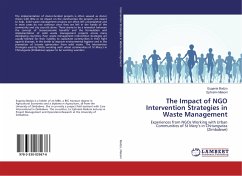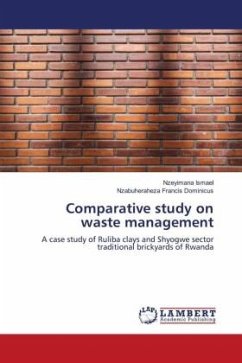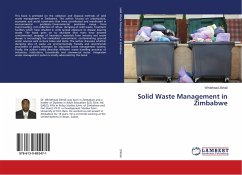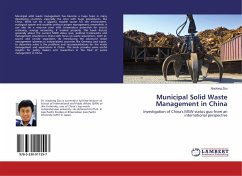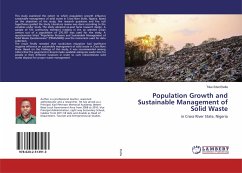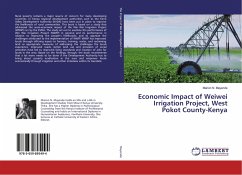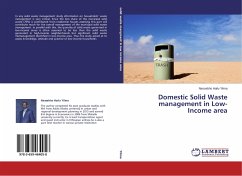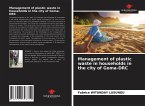The implementation of donor-funded projects is often viewed as donor driven with little or no impact on the communities the projects are meant to help. Solid waste management projects are often left uncompleted and in most cases do not continue once they are left in the hands of the community and city councils alone. There seems to be a mismatch between the concept of 'socioeconomic benefits' and the formulation and implementation of solid waste management projects across many developing countries. Poor waste management intervention strategies are usually blamed for their inability to capacitate communities in their fight against diseases, in the battle to improve environmental hygiene and in the promotion of income generation from solid waste. The intervention strategies used by NGOs working with urban communities of St Mary's in Chitungwiza (Zimbabwe) appear to be working wonders.
Bitte wählen Sie Ihr Anliegen aus.
Rechnungen
Retourenschein anfordern
Bestellstatus
Storno

